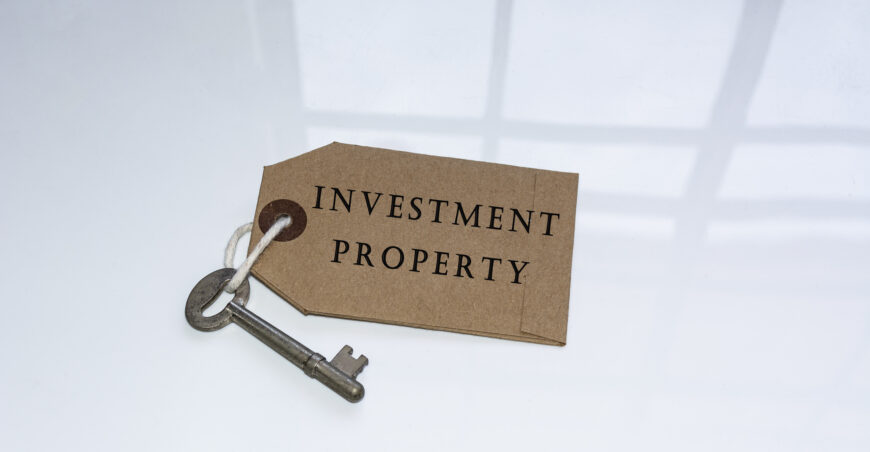Are you buying commercial real estate? Here is a due diligence checklist. Due Diligence, if performed properly and thoroughly, will prevent you from experiencing major setbacks and expenses when buying commercial real estate. It should never be taken lightly or for granted. Every item should be reviewed in detail. Assume there will be problems, stay alert if you catch them early it could save you time and money, because in realty if you look close enough you’ll find issues. The Seller often times completes a “Property Information sheet that is a disclosure of known items to the property, however don’t be fooled a Seller can omit an issue knowing that there is something wrong but not disclose it in hopes that you don’t discover it. This could be items such as roof issues, mold, leeks in the sprinkler system, financials, and leases that may not be discovered by simply looking at the property. It is best practice as soon as you go under contract to immediately schedule a property inspection with a reputable company that is familiar with commercial properties. Whoever you decide to go with due diligence is an ongoing learning experience and you want to constantly hone your skills. Constantly strive to be the best at it, even if you are buying an investment property where the tenant is 100% responsible for all maintenance and repairs, at the end of the day this is your investment. You will often find value enhancers that you would not normally be aware of because you have trained your eyes and ears to seek them outs as you’re performing your due diligence. If you would like to download a complementary checklist for your own review. This is not all inclusive but a good start.
Download Printable Checklist (PDF) >>>
Buying Commercial Real Estate Due Diligence Checklist
You’ve completed much of your physical due diligence and record review which often updates through your due diligence period. It is important especially if you are receiving financing to engage the lender at the start of the review period, especially in this market where labor shortage and high demand is delaying appraisals. Be sure to know what the lender required documents are ahead of time. Some lenders require an ALTA some lenders require a phase I report, both of which can take some time to obtain if those items were not delivered to you from the Seller, or they simply don’t have them. If you wait until the last minute things will get hectic and you will most likely forget about items. Review your Due Diligence Documents checklist to see if you received everything you asked for. My office will normally send out a Due Diligence package with the list of items in the Seller’s possession signed by the Seller and Buyer. Generally, most of the negotiations are going to happen just prior to your expiration of the due diligence period. If in fact you are going to ask the Seller for a price reduction or a contribution towards the repair or replacement of equipment, or some other item or issue, you need to be able to justify your request. First and foremost, it should be legitimate reason and not some fabricated excuse to ask for a discount. One way to make your request is to write the Seller an email stating the factors of your findings and provide the documentation from the inspection report. Make a list and request your top 3 items, in hopes that you may get 1-2 of them. There is no guarantee that they will give you what you are asking for. If not, you can try to negotiate a settlement with them or make the decision to walk fro the deal, but also know the Seller’s time has also been invested and the last thing they want to do is start the process all over again. It may also help if you compromise and remove all contingencies with the exception of the 1-2 items left to negotiate. This shows good faith to the Seller that you want to get the deal done.
Estoppel Certificates
If you are buying an investment property one thing to be sure you receive is the estoppel certificates These are the statements executed by the tenants that are the verification of the key terms of their lease and that neither tenant nor landlord is in default. Tenants will note any discrepancies or outstanding issues with the currently landlord. Often times the Seller won’t request these items from the Tenant until after the expiration of the due diligence as to be sure they are confident you will buy the property before they disturb their tenants. Before sending estoppel certificates out to the tenants be sure the form has been approved by your lender.
Appraisals
All lenders require a property appraisal on the property, which most likely the loan amount is subject to, and which is paid for by the buyer. You need to monitor and talk to the appraiser to make sure they have the proper information and you want to involve the lender early on to get the appraisal ordered so that you can obtain a copy before the expiration of your due diligence. Some items they may request is an updated rent roll, pending transactions, if any and if it is helpful recent lease and sale comparable. That help justifies the purchase price being paid. Often times the appraiser will work direct with the lender but it is not uncommon for the appraisal company to reach out to the listing agent direct.
Closing Statement
One of the most important items in the due diligence is to properly review the closing statement prepared by the escrow company before finalizing the transaction. If you’re not careful in scrutinizing it, it can cost you dearly. One of the items on the closing statement, also known as the “settlement sheet” is the security deposits credited to the Buyer, you need to confirm this amount is correct and you can do so by having the estoppel certificates complete and signed by the tenant and detail review of each lease that states the security deposit amounts. Remember always, the Seller wants to get as much as possible upon the sale of the property, even if that means loading up additional items as a credit to them on the closing statement. Each state will differ in terms of who pays for what so be sure to check your state’s local customs and laws as it relates to purchasing commercial real estate. In additional to the Seller’s credits, you need to watch for lender and escrow fees. If you are a professional investor you may even be able to reduce your escrow fees by requesting a discount. These fees can sometimes get added into the closing statement without noticing Howe they are Ewing assessed to the buyer. Some items to watch out for are inspection fees, legal fees, documentation fees. Make sure prorations of operating expenses are properly prorated under each line item and get back up information on each amount. Such as copies of checks, paid invoices lien releases etc. It is always a good idea to have another set of eyes to go over the closing statement. Someone who knows what they’re looking for.
Considering buying commercial real estate?
Looking at buying commercial real estate in Arizona? At ICRE Investment Team, we work with commercial investors, property owners, companies, banks, and commercial loan servicers seeking the highest quality of services in the greater Phoenix, Scottsdale, Mesa and Tempe Arizona regions. Contact us for more information.
















